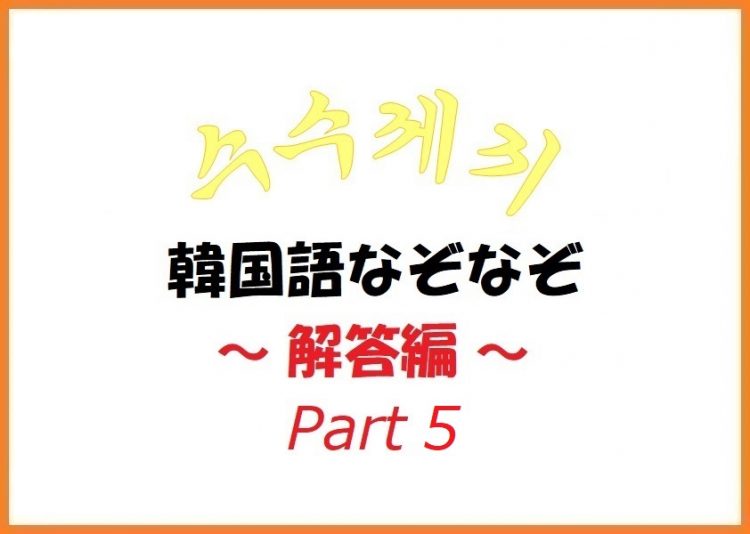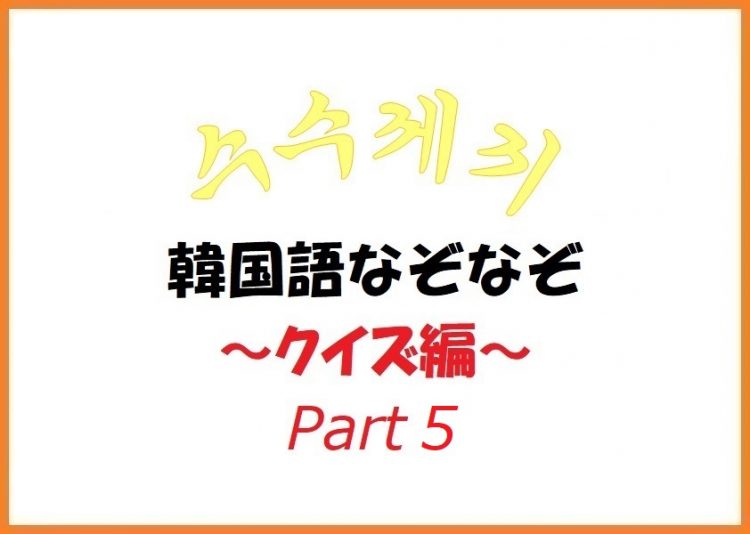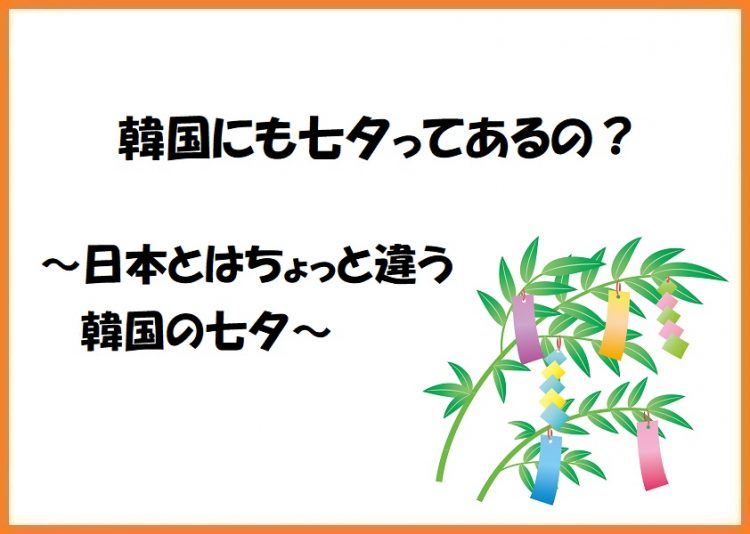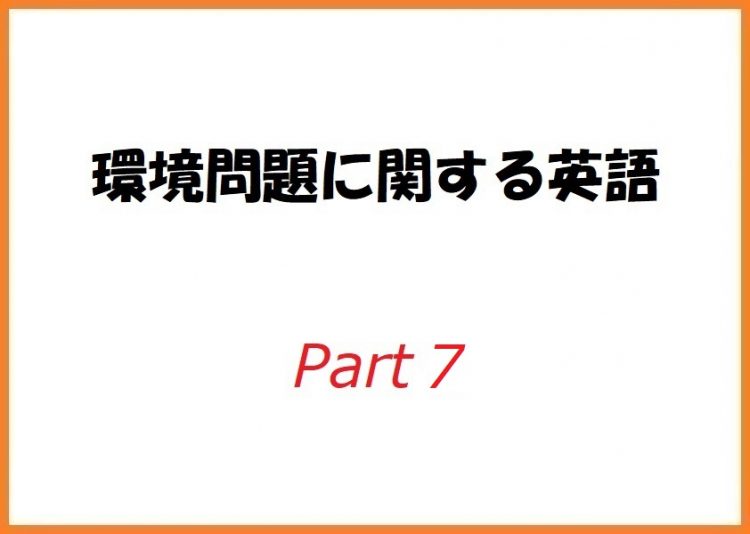Participation in the 21st Annual Conference of the Japanese Association for Language Policy (JALP) Part1 - Conference Edition

The theme of this year's conference was "Crossroads of Language Policy in Japan at a Turning Point.
Through presentations and discussions, professors, students, graduate students, local governments, and companies from various universities exchanged opinions and answered questions about Japan's language policy, which is expected to become increasingly multicultural and multilingual in the future.
Our company made a presentation in the group under the theme of "Thinking about the multilingual support of local governments in the era of multicultural conviviality: Looking ahead to the Tokyo 2020 Games and beyond," and presented "My Site Translation, a multilingual automatic translation service for websites " *1 and "Disaster prevention use: Automatictranslation + voice synthesis system J-Series 1 and "J-SERVER Guidance, an automatic translation and text-to-speech system for disaster prevention "*2, the presentation focused on the various challenges and solutions for multilingual automatic translation.
After the presentations, time was set aside for Q&A and exchange of opinions.
We were able to exchange many opinions about Japan's multilingual policy, not only about the number of foreign visitors to Japan, which has been steadily increasing in recent years due to travel and tourism, but also about the number of foreign residents living in Japan.
(Supplement: Number of foreign visitors to Japan in 2018: 31.192 million, up 8.7% from the previous year; number of foreign residents in 2018: 2.731 million, up 6.6% from the previous year)
As for "My Site Translation," a multilingual automatic translation service for websites, we received a lot of interest from more than 300 local governments across Japan who have introduced the service (*^_^* ) (My Site Translation Introduction Results Page)
In famous sightseeing spots in Japan, it is no exaggeration to say that there are more foreigners than Japanese people in the area. It is no exaggeration to say that there are some areas in Japan where there are more foreigners than Japanese people.
One of our clients, a municipality in Japan, has seen an increase in the number of foreigners living in the municipality, and now has as many as 70 different nationalities living in the municipality.
They said that it is necessary to provide information to foreign residents in their own language as well as to attract tourism.
Other presenters said, "In addition to multilingual support for inbound visitors to Japan, it is ideal to provide multilingual support to foreign residents and their families who work in Japan for a long period of time so that they can live comfortably" and "In an emergency, a language barrier can make the difference between life and death. The importance of expanding multilingual support was also realized.
With the 2020 Tokyo Olympics and the 2025 Osaka Expo just around the corner, the need for language barrier-free access is becoming more and more important. The conference was a great success.
We would like to express our sincere gratitude to Professor Usuyama of Tsukuba University for inviting us to participate in the conference, as well as to Kobe City and Professor Yamakawa of Reitaku University for sharing panel discussions with us.
In the next blog, we will introduce some behind-the-scenes episodes of this convention.
Please look forward to it!
1 Website multilingual automatic translation service "My Site Translation": Automatic translation of Japanese websites with one click, available in up to 32 languages.
2 Automatic translation + voice synthesis system for disaster prevention "J-SERVER Guidance": Offline automatic translation + voice broadcasting for "what if" situations such as disasters.













